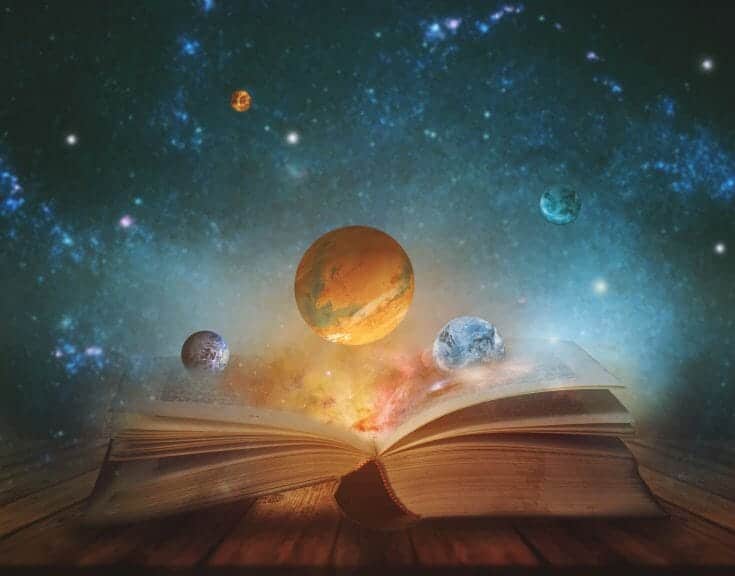We have long pondered the formation of our universe, with The Big Bang being the most widely accepted theory. Questions surrounding our universe’s inception remain, but its birth is still not as elusive as its end.
The universe has existed for an estimated 13.8 billion years. Scientists predict that it will continue to exist for another 100 trillion years. While this amount of time is incomprehensible, the very notion of our universe dying is daunting. Some even speculate it will not have a definitive end, but many scientists are set on one theory.
What is ‘The Big Crunch’ Theory?
The Big Crunch is theoretically the opposite of The Big Bang. While the Big Bang describes how the universe expanded, the Big Crunch refers to the universe collapsing in on itself.
To understand The Big Crunch, we must first understand its relation to The Big Bang. The Big Bang itself was not theorized until 1931 after Georges Lemaître, a Belgian cosmologist and Catholic priest, proposed the theory. His paper shook the scientific community at the time and the general public more widely. Its scientific explanation for the universe’s origin defied religion and caused uproar. To this day, many religions reject the theory of The Big Bang and deem it blasphemous. Eventually, the scientific community noticed Georges’ work, allowing them to continue gathering evidence.
According to The Big Bang theory, our universe expanded from a single atom. This action took place in a sudden ‘bang.’ Originally an empty place of gas and dust, this bang released vast amounts of energy, creating the universe as we know it today. The main supporting evidence for this is the Hubble telescope revealing in the 1920s that galaxies are accelerating away from us in all directions. Now, it is widely accepted that the universe is expanding rapidly, demonstrating the continued effects of The Big Bang.
The Big Crunch predicts that eventually, all matter will be evenly distributed across the universe. Once this happens, the universe will have no more capacity for expansion. Gravity will eventually cause the universe to collapse back in on itself, returning to its original state of mere gas and dust.
The theory was proposed by Russian mathematician Alexander Friedmann. Alexander discovered through calculations now known as ‘the Friedmann equations’ that gravity would eventually cause the universe to contract back in on itself. At this point, all matter would reverse back to the very origin of a single atom.
For some time, The Big Crunch has been the most widely accepted theory of the universe’s end. More recently, scientists have proposed ‘The Big Freeze.’ This theory predicts that the universe will gradually cool down to the point of oblivion. Gradually, each star will burn out, and there will be no heat or life left. This theory denies the idea that the universe will collapse back in on itself, arguing that gravity cannot overcome the density of dark matter – one of the most prevalent yet mysterious materials in our universe. Nobody truly understands what dark matter is, so its role at the end of our universe is an ambiguous one.
Is The Universe’s End Certain?
We still do not know how our universe’s lifespan will pan out. In fact, our very notion of things having a beginning and an end is perhaps just us trying to impose our human logic on something which can never be truly comprehended. Nonetheless, humanity will always question the nature of our universe even if we will not be around to see its death.
The only thing for certain is that we will never truly understand our universe. The death of the cosmos is an accepted phenomenon in science, but its nature remains a mystery. It is only in the last century that we discovered our galaxy is not the entire universe. This means that a definitive ‘end’ is not necessarily certain. More far-fetched but perhaps comforting theories predict that the universe will continue to exist in cycles, dying but becoming reborn. Some ponder the idea of the multiverse, meaning that even if our universe dies, there are billions more timelines in existence.














